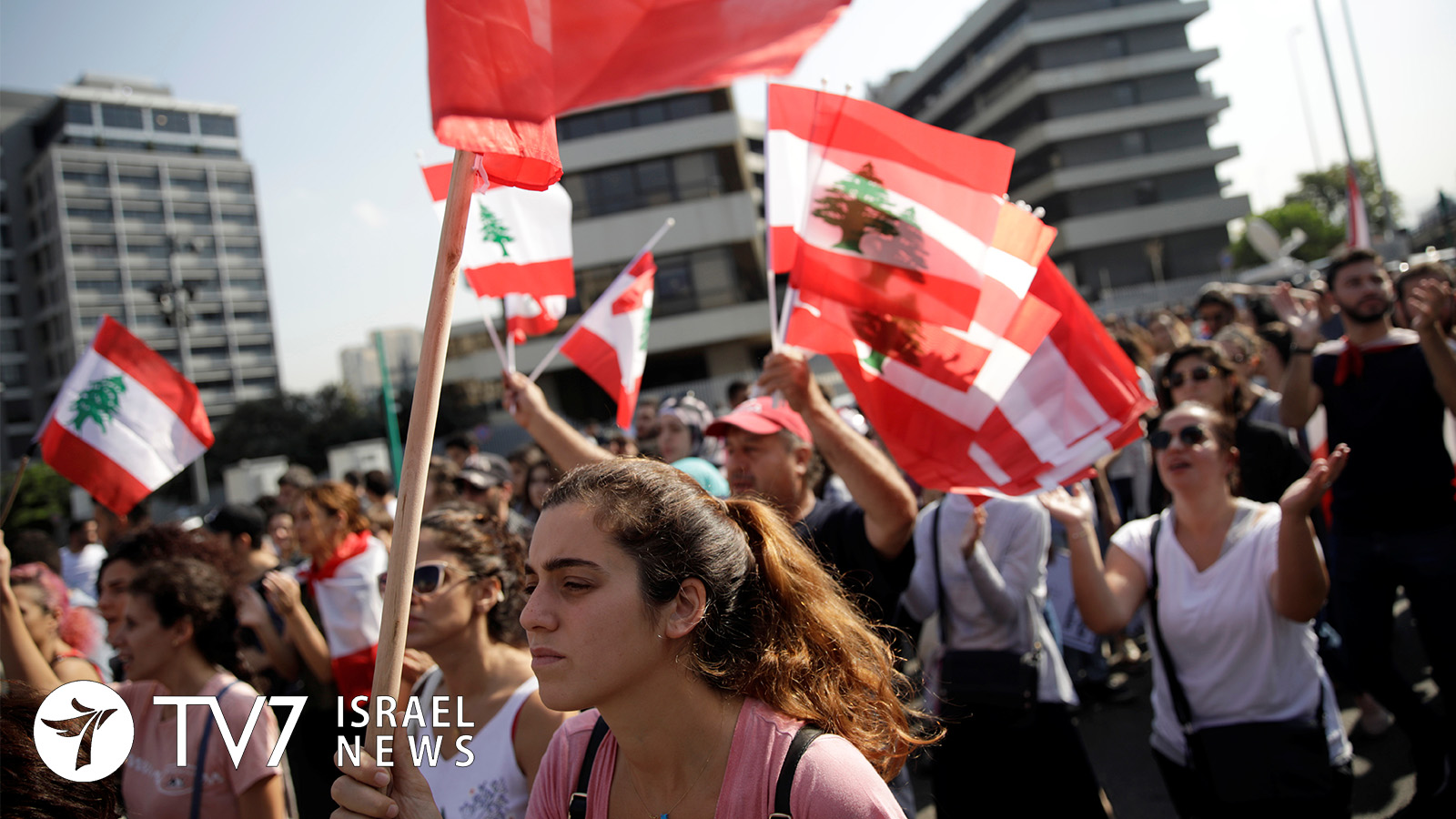Mass anti-government protests in Lebanon enter their third week today, with no sign of dissipating.
Citizens packed the center of Beirut again last night to demand the nation’s entire current leadership step down and the political system be overhauled. Among the crowd were several hundred women who held a vigil, lighting candles and marching to the government headquarters – furious over reports that Saad al-Hariri, who resigned as Prime Minister last week, held talks with leading politician Gebran Bassil a few hours before.
According to a one source at Hariri’s Beirut residence, “All ideas were put on the table for what would be best for Lebanon to come out of the economic crisis and what would best heed the calls made by protesters in the past three weeks.”
Bassil, who is the son-in-law of President Michel Aoun, was Foreign Minister in the outgoing-Hariri cabinet. He is also political allied with the Iran-backed Shi’ite Hezbollah terror group, which won 70 of the parliament’s 128 seats in the 6 May 2018 elections.
After nine months of negotiations, Hariri successfully formed a national unity cabinet 31 January 2019, which included three Hezbollah ministers. Yesterday marked the second time in three days that the former Prime Minister held talks with Bassil, despite having announced his resignation and that of his cabinet on 29 October following the unprecedented wave of protests against the ruling elite.
The protests, which began on 17 October, continue to exert pressure on the government, and have tipped Lebanon into political turmoil at a time of acute economic crisis. The demonstrators have accused the political class for the corruption that has long beset the country, marked by high public debt and poor public services. Out of an overall population of six million, hundreds of thousands of people are estimated to have participated in nationwide protests.
Lebanon’s government is elected on a confessional system anchored in a 1943 National Pact, which dictates the allocation of political power along religious affiliations according to a census taken in 1932. A 1990 legislative reform mandates that the parliament and public offices be evenly divided between Christian to Muslim representatives. Only Maronite Christians can serve as President, Sunni Muslims as Prime Minister and Shi’a Muslims as Speaker of the Parliament.
Susan Fares, who participated in last night’s rally in Beirut told Reuters that public dissent cuts across all religious and ethnic divisions. “Because we are stronger and united, and we are here from all sects – they can no longer play with our emotions, and play at the different sects like they once did at a different time,” she said. Fares went on to stress, “Today there are no weapons – there is just us. (standing here) peacefully between all sects.”
-By Erin Viner
